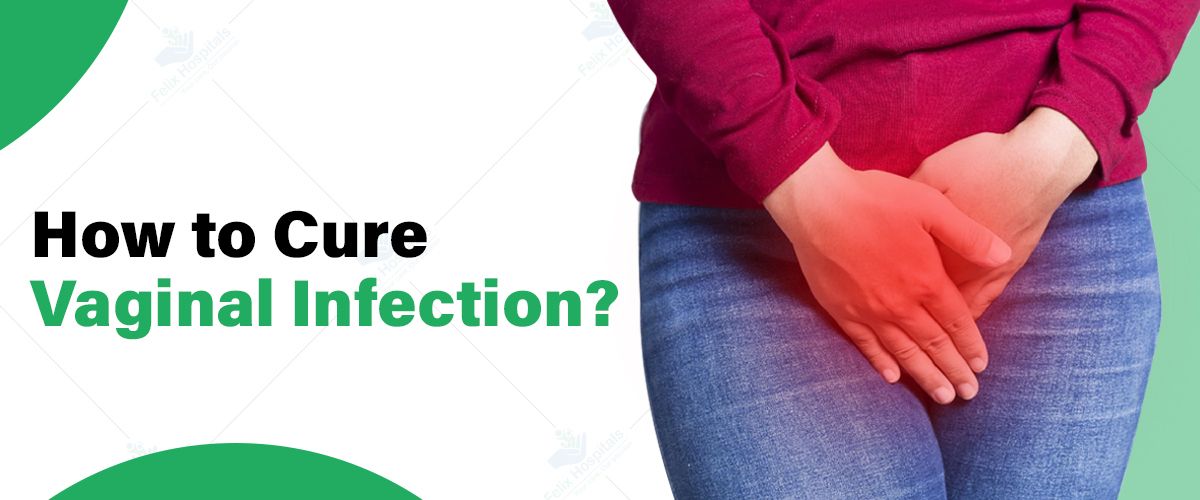The Best Ways to Prevent and Treat Vaginal Infections
Vaginal infections are a common issue that many women face at some point in their lives. These infections can be uncomfortable and even painful, but the good news is that there are several ways to prevent and treat them effectively.
Prevention Tips
Prevention is always better than a cure when it comes to vaginal infections. Here are some tips to help you reduce your risk of developing an infection:
Avoid douching, as it can disrupt the natural balance of bacteria in the vagina.
Practice good hygiene by washing your genital area with mild soap and water daily.
Wear cotton underwear and avoid tight-fitting clothing to allow for better air circulation.
Avoid using scented feminine hygiene products, as these can irritate the delicate vaginal tissue.
Stay hydrated and maintain a healthy diet to support your immune system.
Treatment Options
If you do develop a vaginal infection, there are several treatment options available to help alleviate your symptoms and clear up the infection:
Over-the-counter antifungal creams or suppositories can be effective for treating yeast infections.
Antibiotics may be prescribed by your healthcare provider for bacterial infections like bacterial vaginosis.
Probiotics can help restore the natural balance of bacteria in the vagina and prevent future infections.
Home remedies such as yogurt or garlic can also be used to relieve symptoms and promote healing.
When to See a Doctor
While many vaginal infections can be treated at home, there are some instances where you should seek medical attention:
If you are experiencing severe pain, discomfort, or unusual discharge.
If your symptoms persist after trying over-the-counter treatments.
If you are pregnant or have a weakened immune system.
If you suspect you may have a sexually transmitted infection.
Conclusion
By following these prevention tips and being aware of the treatment options available, you can effectively manage and prevent vaginal infections. Remember to always prioritize your vaginal health and seek medical advice when necessary. With the right knowledge and care, you can minimize your risk of developing these common infections.


